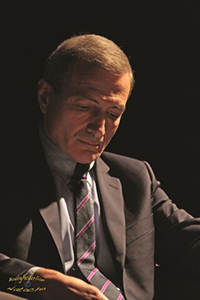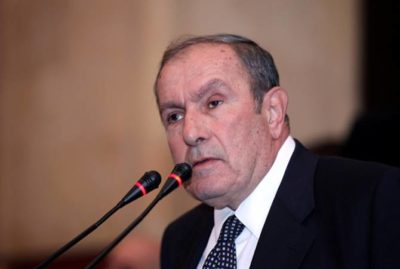By Philippe Raffi Kalfayan
Special to the Mirror-Spectator
The spectacle we have been witnessing in Armenia is a collective suicide. It is shameful and something that insults our intelligence and dignity. The risk of losing an independent state is real, and everything continues as if nothing had happened: 5,000 dead, 10,000 injured. A generation sacrificed. Fear and fatalism are the order of the day.
Prime Minister Nikol Pashinyan’s stubborn determination to cling to power is paralyzing the country. His sole argument for staying in power rests on the threat of former presidents returning to power, especially his archnemesis, Robert Kocharyan.
No words are spoken about the gross mistakes that have brought us to this point; all the current and former leaders have demonstrated the same difficulty for assuming responsibility for their mistakes.
I have been silent since my last interview with the Armenian Mirror-Spectator, in which I argued that every day that passes without a change in governance and diplomacy will cause irreversible damage to the Karabakh issue and to the territorial integrity of Armenia (https://mirrorspectator.com/2020/12/03/need-for-diplomacy-greater-than-ever-in-post-war-armenia-karabakh/). Yet nothing has changed, except Azerbaijan’s nibbling at Armenian territories. There is no lack of analysts — “experts” — and irrelevant polemics, but opinions are fragmented, incomplete, partisan, often directed at the past by pointing to the mistakes of actors. They don’t aim to solve the actual and dramatic political situation on domestic and foreign planes. Public exchanges on social networks between Armenians are appalling, rife with finger-pointing, bickering, slander, insults and conspiratorial accusations.











